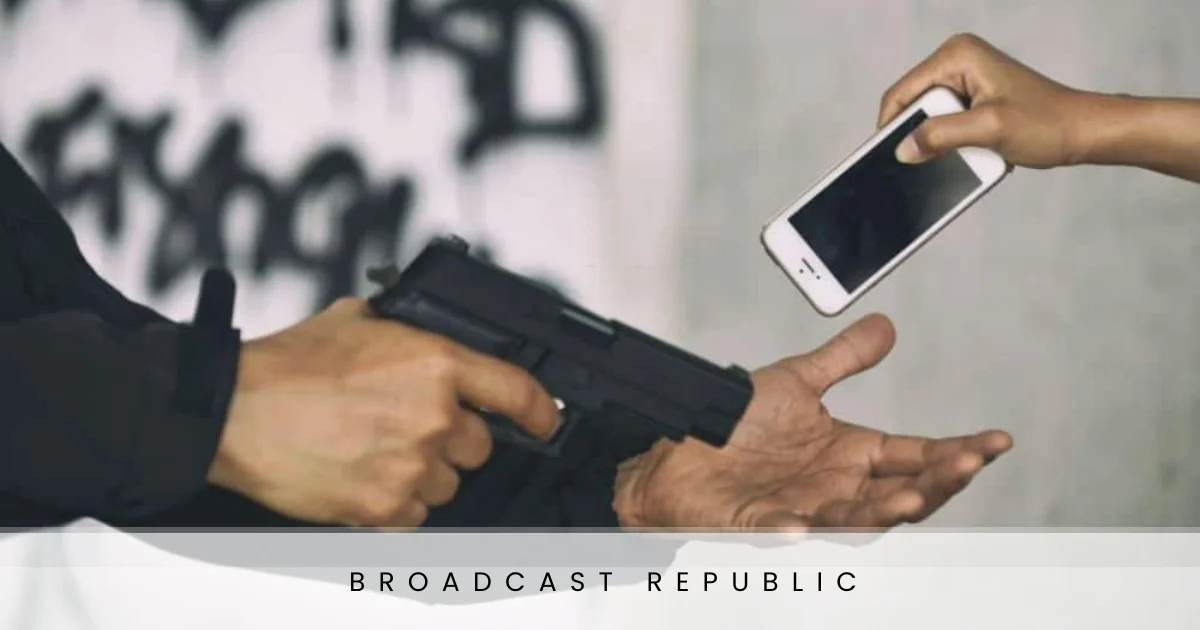In 2025, stepping out for groceries or commuting to work often brings a silent fear: Will I get home safely? Street crime across major cities in Pakistan, especially Karachi, Lahore, and Rawalpindi, has become a disturbing part of everyday life. From mobile snatching to vehicle thefts, the threat is constant and real.
Karachi, for example, reported over 34,000 mobile phone snatching cases in the first half of 2025. The actual numbers may be even higher, as many victims don’t file reports. Why? Because they either don’t trust the system or feel it won’t lead to justice. Sadly, this perception encourages more crime and leaves the public even more vulnerable to it.
Why Is Street Crime Increasing?
Several interconnected reasons explain this alarming trend:
-
Economic struggle: With high inflation, job shortages, and rising poverty, some individuals see crime as their only survival route.
-
Weak law enforcement: Police response remains slow in many cases, and outdated investigation methods give criminals an edge.
-
Rapid urbanization: Cities are expanding without proper planning. As a result, new settlements lack policing and security systems.
-
Youth unemployment: Many young people, especially from low-income areas, turn to crime when they can’t find work or education opportunities.
Clearly, this isn’t a simple law-and-order issue it’s rooted in deeper structural problems.
Impact on Daily Life and Mental Health
Street crime doesn’t just cause financial losses. It creates lasting psychological effects. Many people now carry old phones while leaving their homes, avoid stepping out after dark, or change routes to avoid known crime hotspots.
Consequently, fear has become a daily companion. People are constantly on edge, scanning their surroundings even during broad daylight. This sense of insecurity is slowly damaging community trust and mental health.
Are Authorities Doing Enough?
Authorities have taken steps, but results remain mixed. For instance:
-
Karachi has added more motorbike patrols.
-
Lahore increased Safe City surveillance through cameras.
-
Islamabad deployed rapid-response police in high-risk zones.
However, these efforts often feel temporary. Without strong judicial reforms, improved police training, and economic uplift, real change won’t happen. Long-term strategies are still missing.
How Can We Tackle This Crisis?
To improve safety, we need a multi-layered approach:
-
Community policing: When residents work with local law enforcement, neighborhoods become safer.
-
Better urban planning: Well-lit streets, active CCTV monitoring, and clear emergency systems help prevent crime.
-
Youth employment: Skill-based programs and job opportunities can reduce the lure of illegal activities.
-
Police accountability: A transparent system for registering complaints builds public trust and encourages reporting.
Change won’t happen overnight, but small, consistent reforms can lead us in the right direction.



